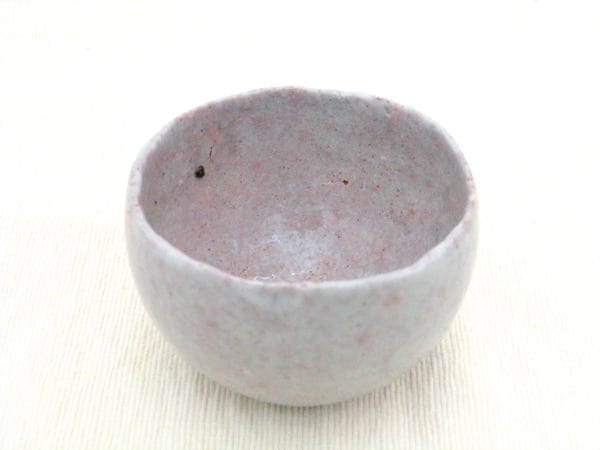
Wabi sabi is a concept I only recently learned about from a friend at a yoga retreat and, I’ll admit, I didn’t remember what it was called at first so I had to search online to figure it out. Here is the official Wikipedia definition:
a comprehensive Japanese world view or aesthetic centered on the acceptance of transience and imperfection. Wabi-sabi is the most conspicuous and characteristic feature of traditional Japanese beauty and it occupies roughly the same position in the Japanese pantheon of aesthetic values as do the Greek ideals of beauty and perfection in the West.”[1] “if an object or expression can bring about, within us, a sense of serene melancholy and a spiritual longing, then that object could be said to be wabi-sabi.”[2] “[Wabi-sabi] nurtures all that is authentic by acknowledging three simple realities: nothing lasts, nothing is finished, and nothing is perfect.
I can’t yet decide which part of this I like the best. The fact that it is a world view (ie. pervasive and holistic in Japanese culture), or the notion that it is how something makes us feel that defines its worth.
I spent far too many years of my life fully buying in to the notion that there was some ideal state that was attainable and achievable if I could just work hard enough. That the way things looked was of integral importance. That perfection was real. This was not a difficult thing to imagine given my Marine Corps father’s attention to detail and willingness to teach me how to do things the “Right” way. We spent hours on everything from making beds with hospital corners to the proper way to wax a car and I was steeped in the tradition of the Platonic Ideal.
Thankfully, having children and suffering from deep depression helped me to understand that there is another way to live and that, no, Virginia, there is no such thing as perfect.
The more I learn about wabi sabi the more I begin to realize how many of the things I truly treasure because of the grounded, calm way they make me feel. These things, experiences, people are all linked by the common thread of me not giving a damn that they are imperfect. I know my children are flawed and yet there is nothing more peaceful and fulfilling than stretching out next to one of them in the hammock for a snuggle or reaching over to brush my hand across the smooth surface of Eve’s hair. My favorite coffee mug has a chip in the handle and was once part of a set of four (it now stands alone), but I still feel better when I drink my morning latte out of it. Our new house has a leaky laundry room sink, warped hardwood flooring in a few places that would make a terrific roller coaster for Hot Wheels cars and weeds sprouting between the deck slats but the smile that creeps across my face every time I walk up the sidewalk and catch sight of the front door erases all that.
There is a Native American folk tale that someone once told me about that expresses this notion of imperfections as perfect. I will continue to look for it, but the upshot is that there was a weaver who purposely added one strand of mismatched thread to each of her rugs in order to make them more beautiful. Nobody would buy her work if it were too perfect because they couldn’t believe that she had made them without the help of the spirits and to have a rug made by a spirit could be hazardous, so she was forced to give them the look of a human-crafted object by adding some special flaw. Her work became revered throughout her community and the society eventually learned to value sincere effort and hard work over perfection.
I hope that one day our culture will also come to understand that there is beauty in all expression regardless of our expectations or preconceived notions of what something ought to look like. It takes more time and effort to understand the virtues of something or someone because of who or what they are than it does to measure them up against our ideals, but I honestly believe it leads to a richer, fuller, more satisfying life.


